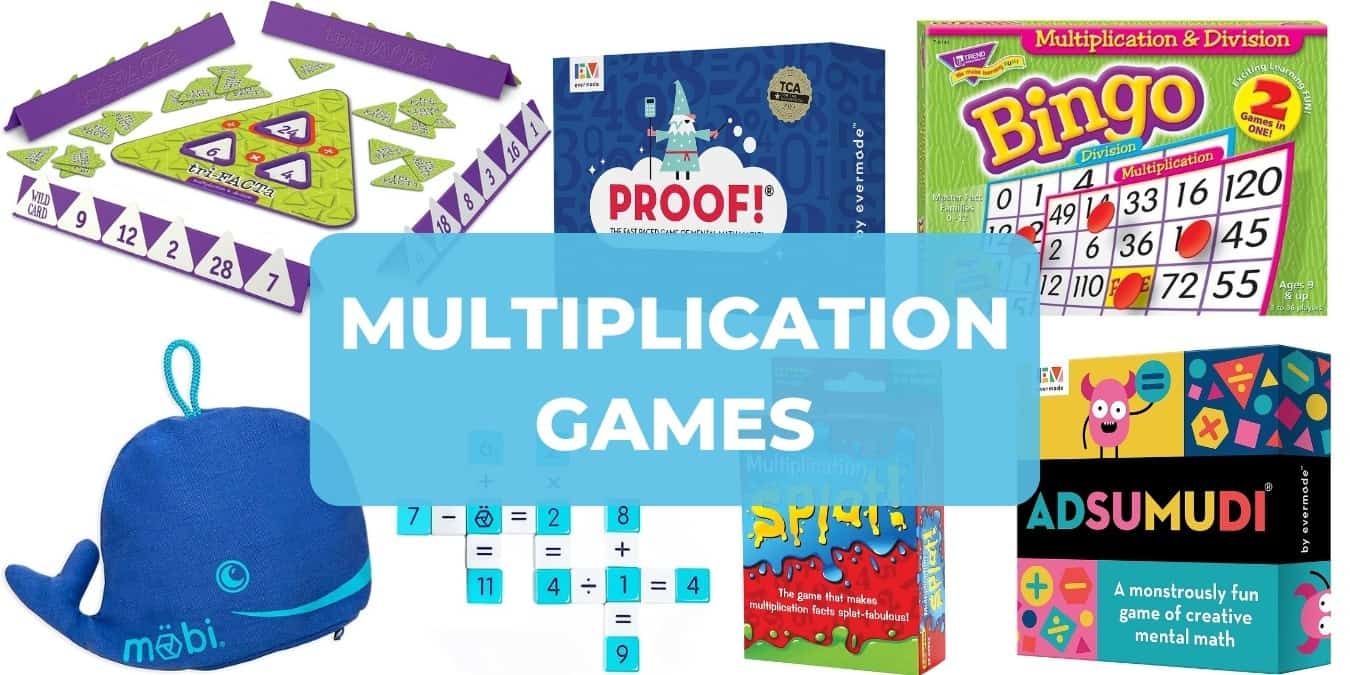Breastfeeding is a beautiful and evolving experience shared between a mother and her baby. However, as your little one starts to explore the world, breastfeeding distracted babies can make the process a bit challenging. You might find yourself more exposed than you’d prefer as your baby becomes easily distracted.
It’s common for breastfeeding sessions to become shorter and more frequent as babies become fussy or pull away due to their curiosity. If you’re experiencing these moments, know that you’re not alone. In this post, we’ll delve into why babies get distracted while breastfeeding and provide useful tips to guide you through this phase.
As babies reach around three to six months of age, their curiosity and awareness of their surroundings start to blossom. This newfound interest in the world can quickly take precedence over feeding, leaving many mums wondering why their little one suddenly loses focus during breastfeeding sessions. Some common reasons for a baby’s distraction include:
- Babies are naturally drawn to movement and colours, and as they become more visually perceptive, they may become captivated by objects or people in their field of view.
- Loud noises or other household activities can easily capture a baby’s attention, leading them to pull off the breast to investigate the sounds around them.
- As babies grow and develop, they may become more interested in practising their motor skills, such as grabbing objects or rolling over, diverting their attention from nursing.
- The discomfort of teething can cause babies to be fussy and unwilling to nurse, as the pressure on their gums may make feeding uncomfortable.
8 Tips for Breastfeeding Distracted Babies
While it can be challenging breastfeeding distracted babies, there are several practical tips that can help you cope during this phase :
- Create a calm environment: When possible, find a quiet, comfortable, and dimly lit space for breastfeeding to minimise distractions.
- Eliminate noise: Reduce background noise as much as possible, and if needed, use a sound machine or soft music to create a calming atmosphere.
- Use a nursing cover: Of course, you don’t need to cover up, but a nursing cover can help limit visual stimulation for your baby, allowing them to focus more on feeding.
- Feed before distractions set in: Rather than watching the clock, observe and respond to their cues, feeding your baby before they become too hungry or too tired to focus on nursing. A good tip is to feed your baby as they’re waking from a sleep or while they’re half asleep.
- Offer more feeds: If you’re concerned about your supply due to the shorter sessions, offering more feeds than usual can help. You might also find that your baby wakes more to feed during the night to make up for the shorter, distracted feeds. However, it’s not a sign that you need to make changes to their sleep or consider sleep training. Just prioritise reducing distractions during the day, and your baby won’t have to feed as much overnight.
- Engage with your baby: Maintain eye contact, speak softly, or sing to your baby during feeds to keep their attention. In other words, you will need to reduce your own distractions.
- Try different feeding positions: Experiment with different breastfeeding positions. For some babies, a good position for this is lying down on the bed.
- Reduce any nipple pain: If your baby tends to quickly look away with your nipple in their mouth (or between their teeth – ouch!), keep a finger ready to break the suction as soon as they starting to pull away.
Reminder
As your baby grows and matures, they’ll be able to feed and take in their surroundings at the same time. Try to be patient, do whatever works to reduce distractions, and trust that this phase will pass. Your baby is developing beautifully, and you deserve a medal!

 PARENTING TIPS
PARENTING TIPS PREGNANCY
PREGNANCY BABY CARE
BABY CARE TODDLERS
TODDLERS TEENS
TEENS HEALTH CARE
HEALTH CARE ACTIVITIES & CRAFTS
ACTIVITIES & CRAFTS


